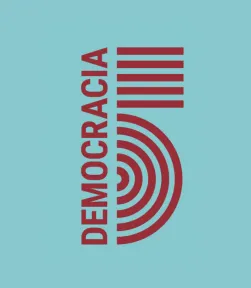Under the Estado Novo (New State), Portugal was a poor, unequal country with profound shortcomings in access to health and education. In 1970, around a quarter of the population couldn't read or write, half didn't have running water and over a third didn't have electricity.
For decades, women were still unable to vote, own their own businesses or leave the country without their husbands' permission.
These limitations were accompanied by others that affected fundamental freedoms. There was no freedom of expression or association. A large part of the adult population was prevented from voting. There was only one party. Anyone who transgressed faced repression from the political police.
At the time of the 25 April revolution, the country had been at war for 13 years. During the colonial conflicts, 45,000 people died and 53,000 were injured.
The political transition involved the uncertainty and conflict typical of revolutionary processes. Nevertheless, democracy emerged victorious.
10

Portugal has changed drastically over the last 50 years. Almost five decades on, what profound changes have taken place in the country? And what lessons should we learn to improve the future?
The Foundation has an extensive program to reflect on what has changed and what measures still need to be implemented to improve national democracy.
The programme begins at the Carmo Barracks where the regime fell – with the event "Five decades of democracy, what has changed?" – and extends to more debates, a series of eight mini-documentaries, documentaries, publications and studies, which will allow us to think about and build the collective future.
